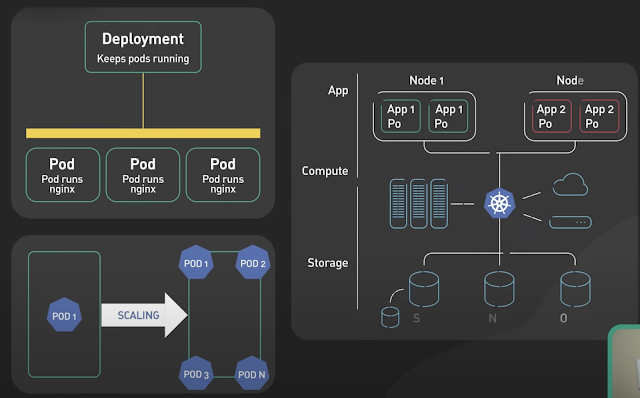how do I find out all failed login attempts via ssh/telnet?
# grep "authentication failure" /var/log/messages|awk '{ print $13 }' | cut -b7- | sort | uniq -c
Tuesday, February 13, 2007
Thursday, February 08, 2007
find command with examples
find command all we know but here u find some example,
find . -name "rc.conf" -print
This command will search in the current directory and all sub directories for a file named rc.conf.
find /usr/src -not \( -name "*,v" -o -name ".*,v" \) '{}' \; -print
This command will search in the /usr/src directory and all sub directories. All files that are of the form '*,v' and '.*,v' are excluded. Important arguments to note are:
* -not means the negation of the expression that follows
* \( means the start of a complex expression.
* \) means the end of a complex expression.
* -o means a logical or of a complex expression.
In this case the complex expression is all files like '*,v' or '.*,v'
The above example is shows how to select all file that are not part of the RCS system. This is important when you want go through a source tree and modify all the source files... but ... you don't want to affect the RCS version control files.
find . -exec grep "www.athabasca" '{}' \; -print
This command will search in the current directory and all sub directories.
find . -exec grep -q "www.athabasca" '{}' \; -print
This command is very important for process a series of files that contain a specific string. You can then process each file appropriately. An example is find all html files with the string "www.athabascau.ca". You can then process the files with a sed script to change those occurrances of "www.athabascau.ca" with "intra.athabascau.ca"
find . -name "rc.conf" -print
This command will search in the current directory and all sub directories for a file named rc.conf.
find /usr/src -not \( -name "*,v" -o -name ".*,v" \) '{}' \; -print
This command will search in the /usr/src directory and all sub directories. All files that are of the form '*,v' and '.*,v' are excluded. Important arguments to note are:
* -not means the negation of the expression that follows
* \( means the start of a complex expression.
* \) means the end of a complex expression.
* -o means a logical or of a complex expression.
In this case the complex expression is all files like '*,v' or '.*,v'
The above example is shows how to select all file that are not part of the RCS system. This is important when you want go through a source tree and modify all the source files... but ... you don't want to affect the RCS version control files.
find . -exec grep "www.athabasca" '{}' \; -print
This command will search in the current directory and all sub directories.
find . -exec grep -q "www.athabasca" '{}' \; -print
This command is very important for process a series of files that contain a specific string. You can then process each file appropriately. An example is find all html files with the string "www.athabascau.ca". You can then process the files with a sed script to change those occurrances of "www.athabascau.ca" with "intra.athabascau.ca"
Subscribe to:
Comments (Atom)
Basics of Kubernetes
Kubernetes, often abbreviated as K8s , is an open-source platform designed to automate the deployment, scaling, and management of container...

-
IOPS (input/output operations per second) is the standard unit of measurement for the maximum number of reads and writes to non-contiguous ...
-
MySQL's InnoDB storage engine data refresh every situation. This post from InnoDB down, look at the data from the memory to the InnoDB ...
-
The Unix top command is designed to help users determine which processes are running and which applications are using more memory or process...

